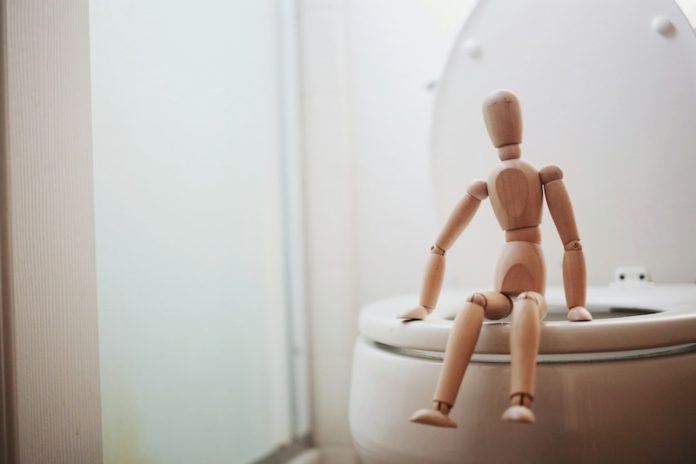
One of the hallmark symptoms of diabetes that often prompts individuals to visit their doctor is frequent urination.
It’s a symptom that can significantly affect a person’s quality of life, interrupting sleep and daily activities. But why does this happen?
Understanding the connection between diabetes and the need to pee often can demystify this condition and highlight the importance of recognizing early signs of diabetes.
Diabetes is characterized by high levels of glucose, or sugar, in the blood. This condition develops when the body either doesn’t produce enough insulin (Type 1 diabetes) or cannot use insulin effectively (Type 2 diabetes).
Insulin is a hormone that helps glucose enter the cells to be used for energy. Without enough insulin action, glucose builds up in the bloodstream.
The connection between diabetes and frequent urination begins with the kidneys, organs that filter waste products from the blood to create urine. Under normal conditions, glucose is reabsorbed into the bloodstream, and only waste products end up in urine.
However, when blood sugar levels are too high, the kidneys can’t reabsorb all the glucose. Instead, glucose ends up in the urine, drawing more water with it. This process is known as osmotic diuresis.
The presence of glucose in the urine leads to more urine production, which in turn causes the need to urinate more frequently. This effect is the body’s attempt to rid itself of the excess glucose. The scientific term for this symptom is polyuria.
Research has shown that frequent urination, especially at night, is a common early symptom of diabetes. A study published in the Diabetes Care journal noted that individuals with untreated diabetes experienced a significant increase in nighttime urination compared to those without the condition.
This frequent need to urinate can lead to dehydration, as the body loses more fluid than usual. To compensate, individuals may experience increased thirst (polydipsia), another common symptom of diabetes.
Recognizing the signs of frequent urination and understanding its link to diabetes is crucial for early diagnosis and treatment. Early intervention can prevent or delay complications associated with diabetes, such as kidney damage, cardiovascular disease, and nerve damage.
Managing diabetes and reducing symptoms like frequent urination involve maintaining blood glucose levels within a healthy range.
This can be achieved through a combination of lifestyle changes, such as diet and exercise, and medication, including insulin therapy for those who require it.
In conclusion, the connection between frequent urination and diabetes is a critical piece of the puzzle in understanding this complex condition. It’s a sign that the body is struggling to manage high blood sugar levels, leading to a cascade of effects that prompt the kidneys to work overtime.
Recognizing this symptom, along with others like increased thirst and unexplained weight loss, can prompt early diagnosis and treatment, improving the quality of life for those with diabetes.
Remember, if you’re experiencing symptoms like frequent trips to the bathroom, especially at night, it’s worth discussing with a healthcare provider to rule out diabetes or other conditions.
If you care about diabetes, please read studies about new way to achieve type 2 diabetes remission, and one avocado a day keeps diabetes at bay.
For more information about diabetes, please see recent studies about 5 dangerous signs you have diabetes-related eye disease, and results showing why pomegranate is super fruit for people with diabetes.
Copyright © 2024 Knowridge Science Report. All rights reserved.



